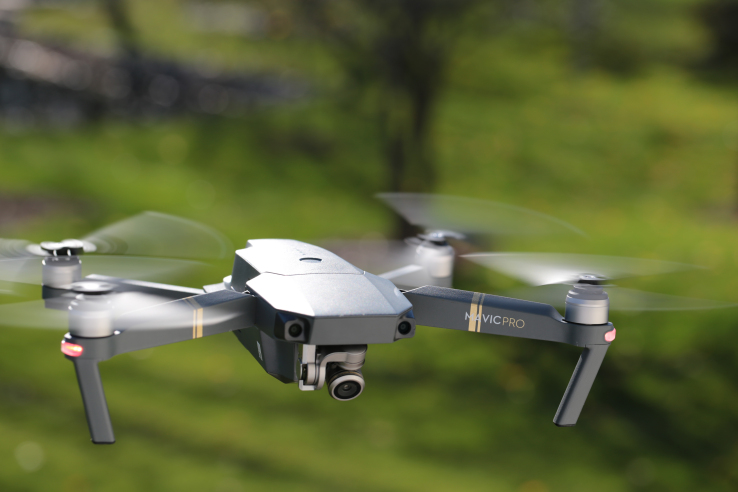UK to give police new powers to ground drones
![]()

The UK government has announced it will introduce draft legislation in the spring aimed at preventing unsafe or criminal use of drones.
Last year it ran a public consultation that recommended addressing safety, security and privacy challenges around drone technology.
Among the measures planned for the forthcoming Drone Bill plus secondary legislation amendments the government has planned are new powers for police to order an operator to ground a drone if it’s deemed necessary.
Police will also be able to seize drone parts to prove it has been used to commit a criminal offense, the government said yesterday.
It had already announced its intention to set out a registration plan for drones weighing 250 grams or more. Yesterday it reiterated that the incoming legislative changes will mean drone owners are required to register their devices.
They will also have to sit safety awareness tests, as well as being required to use certain apps — “so they can access the information needed to make sure any planned flight can be made safely and legally”.
In a statement, aviation minister Baroness Sugg said: “Drones have great potential and we want to do everything possible to harness the benefits of this technology as it develops. But if we are to realize the full potential of this incredibly exciting technology, we have to take steps to stop illegal use of these devices and address safety and privacy concerns.”
“Do not take this lightly — if you use a drone to invade people’s privacy or engage in disruptive behaviour, you could face serious criminal charges,” added assistant chief constable Serena Kennedy, the National Police Chiefs’ Council Lead for Criminal Misuse of Drones, in another supporting statement.
While the UK currently has a Drone Code intended to encourage drone operators to fly safely and responsibly, there have still been multiple reports of near misses between drones and aircraft — and the government clearly feels the code needs to be backed up by new laws and powers.
Yesterday it said it is considering whether to ban drones from flying near airports or above 400 feet — noting these measures could form part of the new regulations.
Safety research it published this summer found that drones weighing 400 grams or more can damage the windscreens of helicopters.
It added that it is also continuing to work “closely” with drone manufacturers to use geofencing technology to prevent drones from entering restricted zones — such as military sites.
Another problematic use of drone tech that has emerged is for smuggling contraband over prison walls. Although it’s not yet clear whether the government wants prisons to be included in the ‘no fly zones’ manufacturers bake into devices.
“These new laws strike a balance, to allow the vast majority of drone users to continue flying safely and responsibly, while also paving the way for drone technology to revolutionise businesses and public services,” added Sugg.
Also commenting in a statement, Tim Johnson, policy director at the Civil Aviation Authority, said: “Drones can bring economic and workplace safety benefits but to achieve those we need everyone flying a drone now to do so safely. We welcome plans to increase drone operator training, safety awareness and the creation of no-fly zones.”
At the same time as announcing incoming drone regulations draft, the government revealed it’s funding a drone innovation project which launches today — inviting UK cities to get involved in R&D focused on using the tech to transform critical services, such as emergency health services and organ transport, essential infrastructure assessment and repair, and parcel delivery and logistics.
Up to five cities will be able to gain government support for carrying out some drone R&D as part of what it’s dubbed The Flying High Challenge.
The project is being run by Nesta in partnership with the Innovate UK government agency.